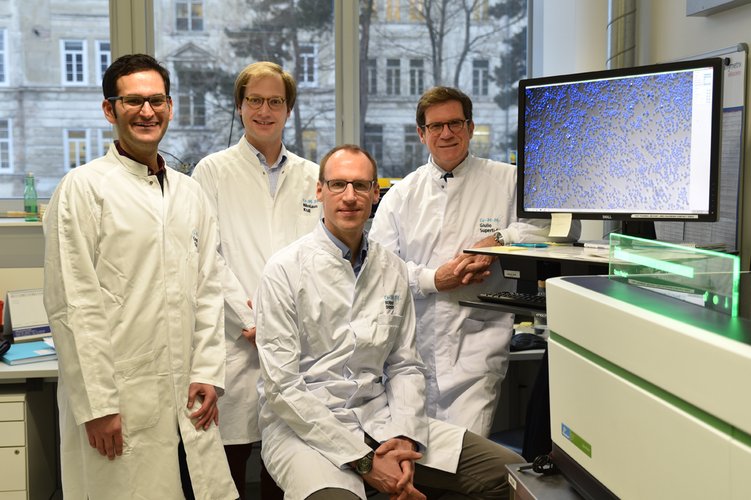
Next-Generation Microscopy with Pharmacoscopy
A novel microscopy method, developed and patented by scientists from CeMM, allows unprecedented insights into the spatial organization and direct interactions of immune cells within blood and other liquid multi-lineage tissues. The assay, called Pharmacoscopy and published in Nature Chemical Biology, is able to determine the immunomodulatory properties of drugs within large libraries on immune cells in high resolution and high throughput.
The search for new drugs, small molecule or biologicals, that influence the immune system in a desired manner is challenging: immune signaling, often a combination of communication via soluble proteins and…
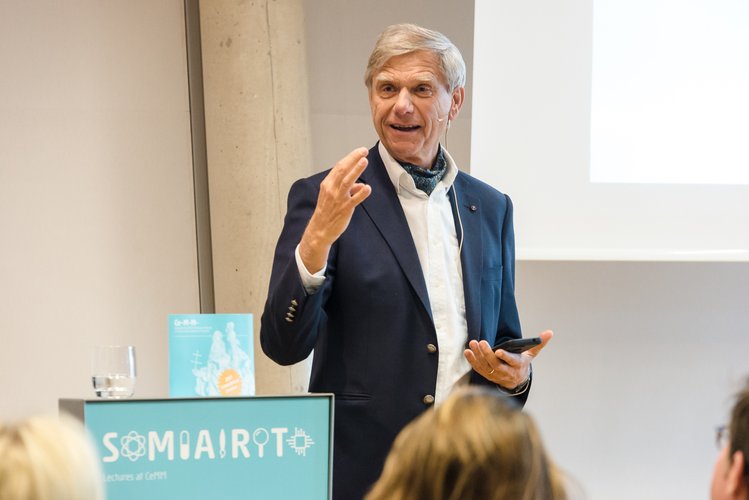
7th CeMM S.M.A.R.T. Lecture with Hermann Hauser
In CeMM’s 7th S.M.A.R.T. Lecture, Hermann Hauser held a fascinating talk on how “Machine learning is changing everything” – from every day communication technologies to transportation habits to business strategies.
“Machine learning is the most powerful tool that mankind developed so far” – with these words, Hermann Hauser, physicist and extremely successful serial entrepreneur at Cambridge, opened his Lecture on one of the fastest developing technologies of our times. In contrast to similar sounding but refuted predictions on artificial intelligence, Hermann Hauser emphasized, the progress of machine learning clearly shows the real impact…
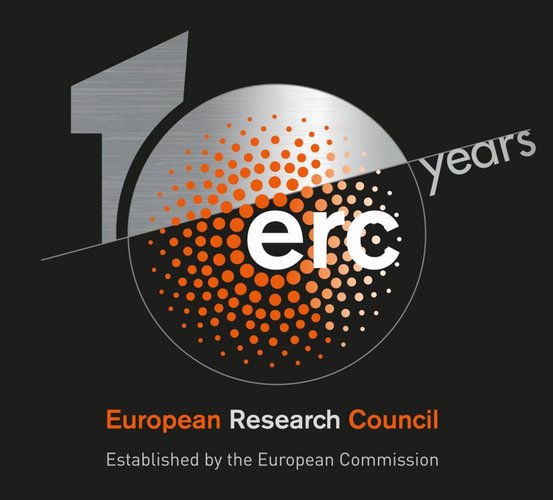
ERC’s 10th anniversary: EU-LIFE statement on the need for increased ERC budget
EU-LIFE, the alliance of research centres in life sciences congratulates the European Research Council (ERC) on its 10th anniversary and wishes to acknowledge publicly the key role of this European Commission initiative in promoting excellent basic research.
In only a decade, the ERC has become a flagship for excellent scientific research in - and for - Europe which is key to innovation. This is particularly relevant because even though- and mainly because of- its impact is initially unpredictable, basic research is the most certain way to major innovation for the benefit of the society.
The ERC has proven very successful in attracting top…
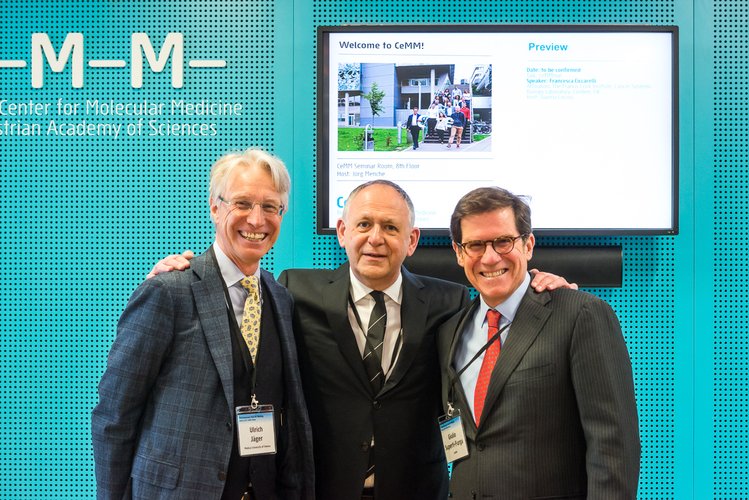
Kickoff for Pharmacoscopy – a novel tool for precision medicine
In light of the importance of research on precision, molecular, and personalized medicine, CeMM and the Medical University of Vienna hosted on March 6, 2017 a kick off meeting to celebrate the start of Pharmacoscopy, a novel high-content screening and imaging platform to break resistance of relapsed and refractory hematological malignancies - a true bench-to-bedside circle.
This meeting presented and celebrated the collaborative project between the Superti-Furga and Kubicek laboratories at CeMM and the Division of Hematology and Hemostaseology, Department of Internal Medicine I of the medical University of Vienna. The Pharmacoscopy platform…
Read more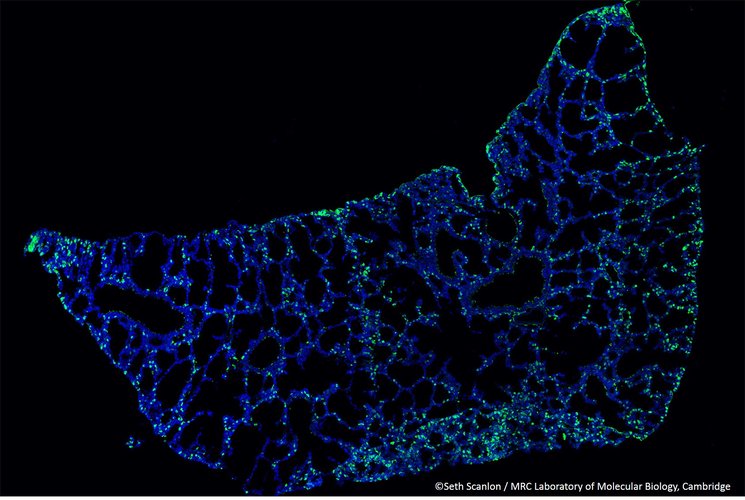
First breath shapes the lung’s immune system
With the first breath, the lungs require to develop immunological defense mechanisms while maintaining the gas exchange. The postnatal immunological development of the lungs remained largely unknown until the group of Sylvia Knapp at CeMM and the Medical University of Vienna shed light at a complex immune program that starts right after birth: the study published in Cell Reports reveals how first breath-induced interleukin-33 signaling shapes the performance of pulmonary immune cells and influences anti-bacterial defenses.
(Vienna, February 21, 2017) The lung is an important interface between the body and the outside environment: with each…
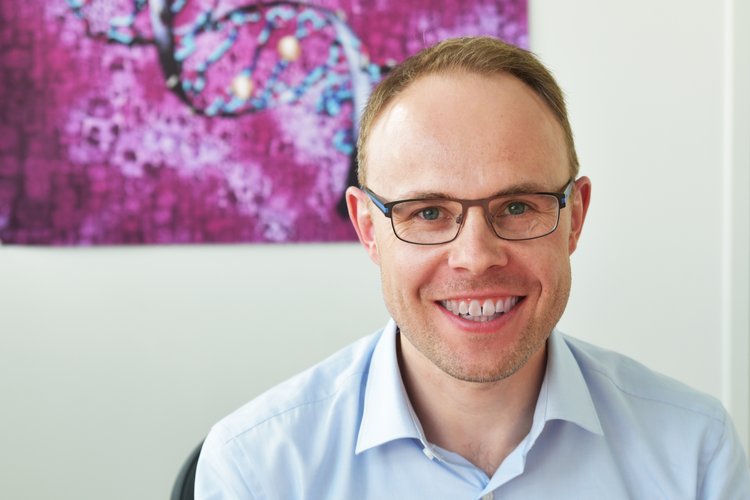
Christoph Bock receives Overton Prize
We congratulate CeMM PI Christoph Bock on being awarded the 2017 Overton Prize of the International Society of Computational Biology (ISCB). Each year, this prestigious award is given to one early to mid-career scientist from any country who is recognized as an emerging leader in computational biology and bioinformatics.
Christoph Bock has been one of the first computational biologists who dedicated his career to understanding epigenetics and the human epigenome. During his PhD in the lab of Thomas Lengauer at the Max Planck Institute for Informatics (2004-2008), he developed pioneering methods and software for analyzing and interpreting…
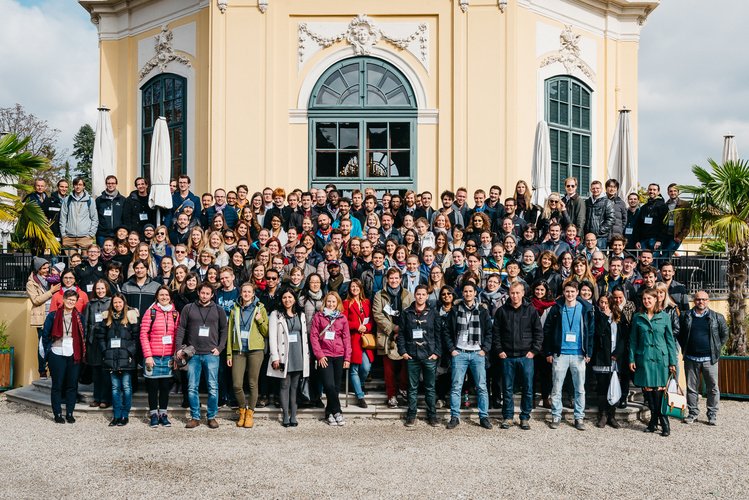
CeMM statement on the importance of freedom of movement for the scientific discovery process
(Modern) civil societies rely on the sharing of goods and information that allow the best use of resources and labor for the common good and well-being of the people. At the heart of all innovation in human civilization is the scientific research process.
No Ideas – No Scientific Progress: Progress in all scientific disciplines, whether in the natural sciences, or humanities, mathematics, engineering or medicine, dramatically relies on the free circulation of ideas within a large and dynamic community of individuals and between the individuals and the cultural environment. Circulation and exchange of ideas, in turn, rely on the free…
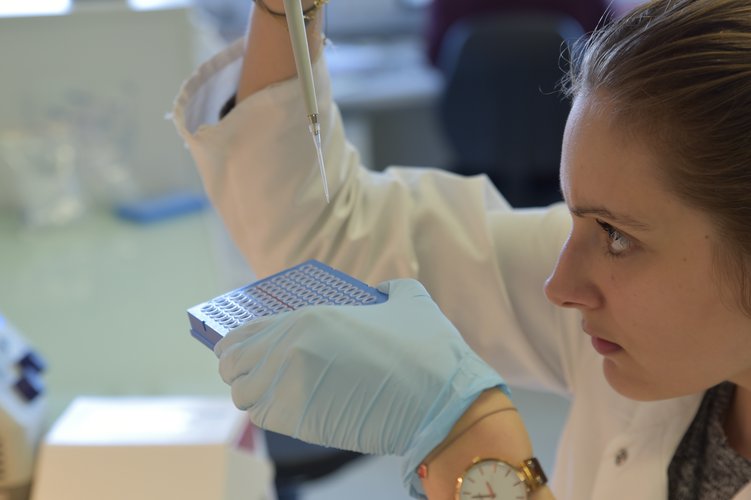
Epigenetic diversity in childhood cancer
Researchers at the St. Anna Children’s Cancer Research Institute (CCRI) and CeMM observed unexpected variety in the epigenome of Ewing sarcoma, an aggressive childhood cancer. This finding, published in Nature Medicine, supports the importance of epigenetics in pediatric tumors and provides new perspectives for developing personalized therapies.
Tumors of the elderly, such as breast cancer and colon cancer, accumulate thousands of DNA mutations. These genetic defects contribute to cancer-specific properties including uncontrolled growth, invasion in neighboring tissues, and evasion from the immune system. Similar properties are also found in…
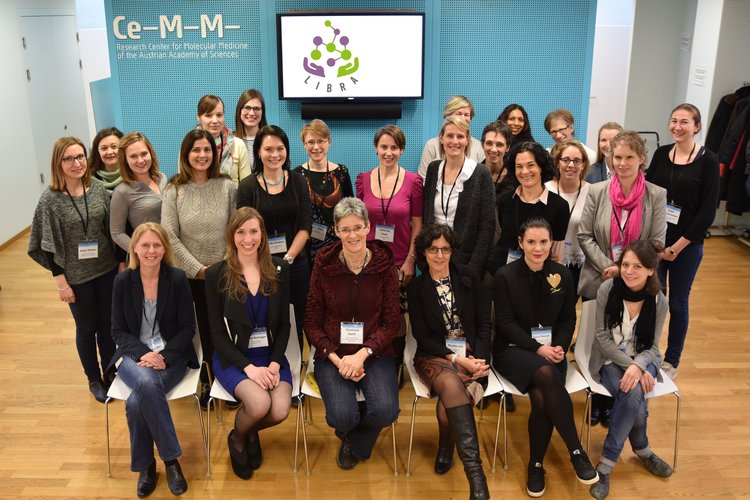
LIBRA Workshop “Best Practice in Gender-Inclusive Recruitment Processes”
On January 26, 2017, a LIBRA Workshop on “Best Practice in Gender-Inclusive Recruitment Processes” with representatives of the partner institutes took place at CeMM in Vienna. It provided expert insights into the topic of unbiased recruitment with the goal to start discussions on best practices, and to define recommendations to remove gender barriers in hiring processes at the LIBRA partner institutes, especially for leading positions.
LIBRA is an EC funded project which brings together ten research institutes in life sciences in ten European countries. They all are members of the alliance EU-LIFE, which aims to build and promote…
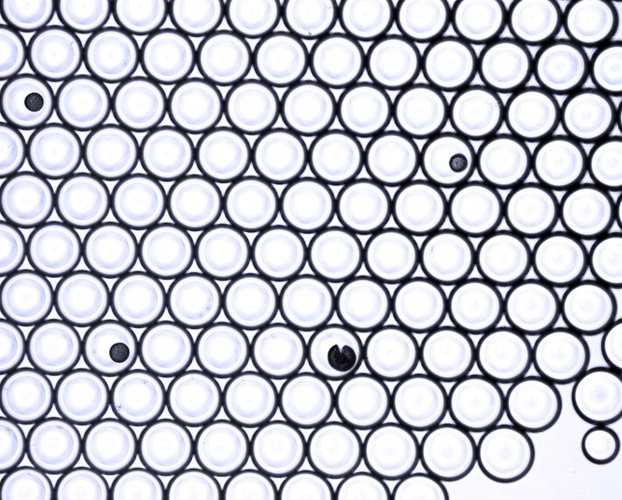
CRISPR meets single-cell sequencing in new screening method
A new cell screening method combines two revolutionary tools of biomedical research: Scientists at Christoph Bock’s lab have integrated CRISPR genome editing with single-cell RNA sequencing. Their study, published in Nature Methods, establishes a method for studying gene regulation in unprecedented scale and detail.
(Vienna, 19 January 2017) Genome editing using CRISPR/Cas9 “gene scissors” is a powerful tool for biological discovery and for identifying novel drug targets. In a new article published in Nature Methods (DOI: 10.1038/nmeth.4177), a team of CeMM scientists led by Christoph Bock now present a method that combines the strengths of…
